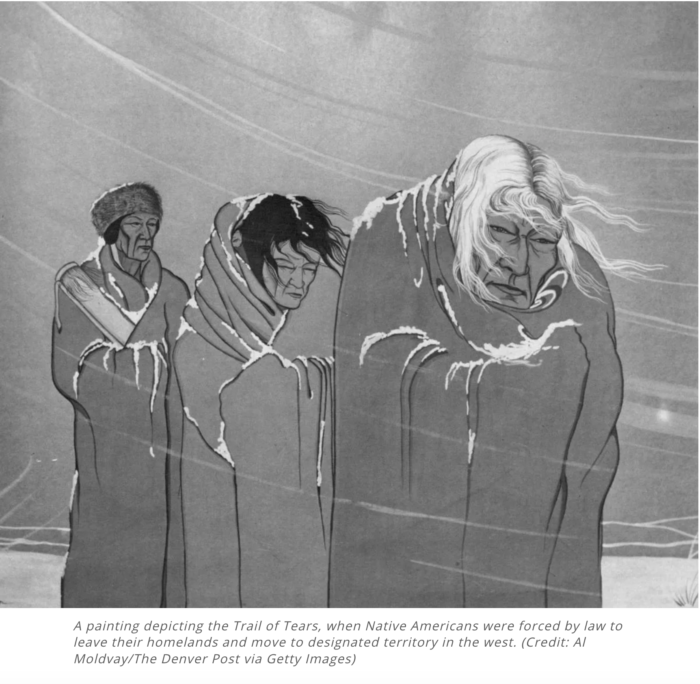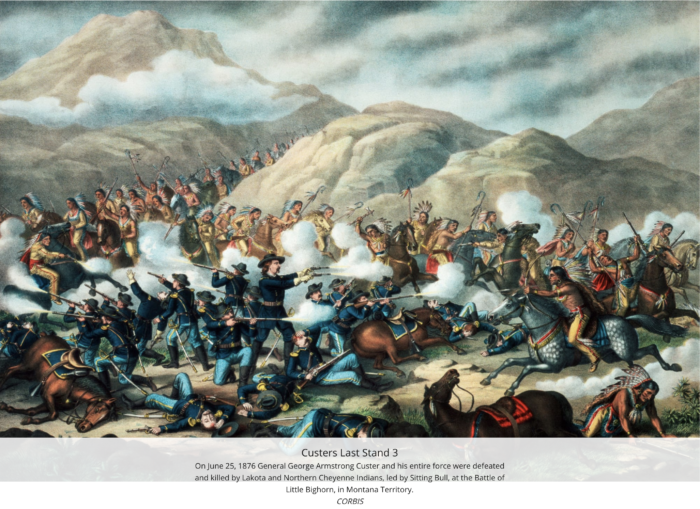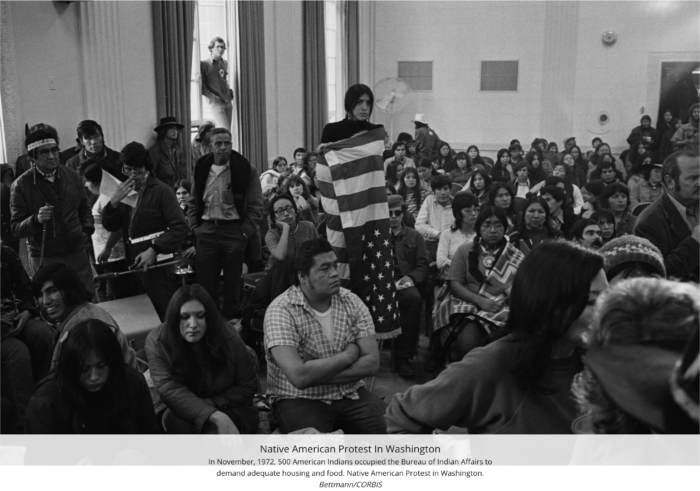by Kalpna Singh-Chitnis

The lives of indigenous people, their land, culture, identity, and virtue mattered, yet they didn’t.
October 12th is celebrated as Indigenous Peoples’ Day in America, previously called Columbus Day. I am happy to see this change and awakening in America. We can’t sweep our history under the rug and feel good about it. Nothing can justify the colonization and misdeeds done to Native Americans, even to make the greatest country on Earth.
When I think of Native American history, I think of the history of my birth country, the resilience of Indian people, and their spirit, which survived several conquests, like a deep-rooted tree survives whirlwinds and storms. It fills my heart with reverence for those who fought to preserve their culture, languages, religions, and ancient knowledge from all invasions and ensured freedom from British rule.
After being plundered for over a thousand years by Arabs, Turks, Mongols, Greeks, and other invaders, India was left bare-branched by the time the British quit India in 1947, after looting her one last time. That tree became green again to bear flowers and fruits in no time. I find it nothing less than a miracle, seeing how other civilizations in history have perished.
However, it fills me with profound sadness to see that Native Americans did not survive the European conquest in the same manner. The lives of indigenous people, their land, culture, identity, and virtue mattered, yet they didn’t. Natives were deprived of their nations, languages, culture, beliefs, and the generations who couldn’t find their way back home to be with them. I can only imagine being one of them to feel their immense suffering.

It won’t be an exaggeration to say that Native America is more a part of American history, and less a part and parcel of its mainstream. Sometimes it feels inconsolable to think: what made Indigenous America surrender, after all, void of its glory?
Someday I want to travel to the Indian reservations. I may document the journey of Natives in moving images. And if I can, I would like to have a deeper sense of their past by connecting to our vast spirit that transcends the barriers of time and physical limits. I want to experience how they walked the Trail of Tears in harsh winter. I want to cross the rivers where they fought fierce battles for their survival and fell at Wounded Knee. I want to visit their sacred mountains and villages that could not survive raids and massacres. I want to hear their flute music, write their wisdom and songs in my language. And if I’m allowed, I would like to camp on their ground, kiss their horses, and hear the wolves’ calls to heal the wounds we must.
…if I can, I would like to have a deeper sense of their past by connecting to our vast spirit that transcends the barrier of time and physical limit.

At the moment, sitting at my desk, writing this sentimental note, I wonder: if Indigenous people ever have an uprising to reclaim their lost heritage and place in modern America, would we welcome and support their movement like the Black Lives Matter movement or immigrants’ rights? Or have the Natives lost their will to be a part of mainstream America, as it is only going to remind them of their wounds that may or may not ever heal?
_____________________________________________
© Kalpna Singh-Chitnis @AccessKalpna
![]()



